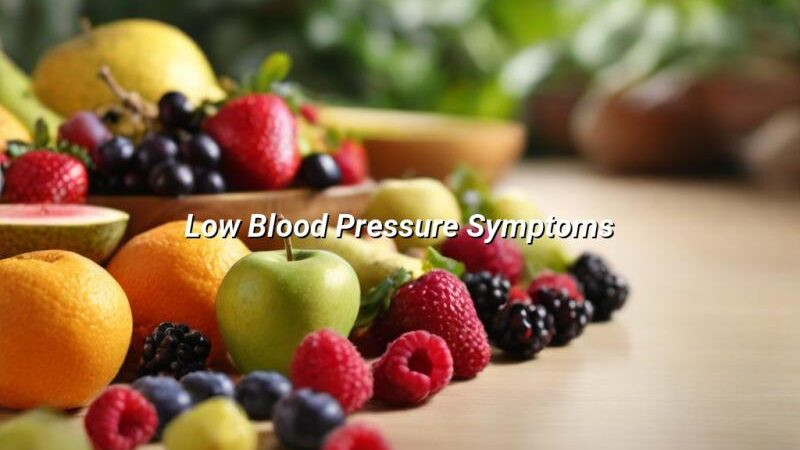Red Wine Health Benefits

The Antioxidant Power of Red Wine: How it Can Help Improve Your Health
Are you looking for a way to improve your health? If so, you may want to consider adding a glass of red wine to your daily routine. Red wine is packed with antioxidants, which can help protect your body from the damaging effects of free radicals. In this blog post, we’ll take a look at the antioxidant power of red wine and how it can help improve your health.
Red wine is made from grapes, which are a great source of antioxidants. These antioxidants, such as resveratrol, can help protect your body from the damaging effects of free radicals. Free radicals are molecules that can damage cells and lead to a variety of health problems, including cancer and heart disease. By drinking red wine, you can help protect your body from these damaging molecules.
In addition to its antioxidant power, red wine can also help improve your heart health. Studies have shown that moderate consumption of red wine can help reduce the risk of heart disease. This is because red wine can help reduce inflammation, lower cholesterol levels, and improve blood flow.
Red wine can also help improve your mental health. Studies have shown that moderate consumption of red wine can help reduce stress and anxiety. This is because red wine can help increase levels of serotonin, a neurotransmitter that helps regulate mood.
Finally, red wine can help improve your skin health. The antioxidants in red wine can help protect your skin from the damaging effects of free radicals. This can help reduce the signs of aging, such as wrinkles and age spots.
As you can see, red wine can be a great addition to your daily routine. Not only can it help protect your body from the damaging effects of free radicals, but it can also help improve your heart health, mental health, and skin health. So, why not give it a try? Cheers!
The Role of Resveratrol in Red Wine: How it Can Help Reduce Inflammation
If you’re a fan of red wine, you’ve probably heard of resveratrol. This powerful antioxidant is found in the skin of red grapes, and it’s what gives red wine its health benefits. But what exactly is resveratrol and how can it help reduce inflammation? Let’s take a closer look.
Resveratrol is a polyphenol, a type of antioxidant found in plants. It’s found in the skin of red grapes, which is why red wine has higher levels of resveratrol than white wine. Resveratrol has been studied for its potential health benefits, including its ability to reduce inflammation.
Inflammation is a natural response to injury or infection, but chronic inflammation can lead to a variety of health problems. Resveratrol has been shown to reduce inflammation by blocking the production of inflammatory molecules. It also helps reduce oxidative stress, which is caused by an imbalance of free radicals and antioxidants in the body.
In addition to reducing inflammation, resveratrol has also been shown to have anti-aging properties. It can help protect cells from damage caused by free radicals, which can lead to premature aging. It can also help protect against certain types of cancer and heart disease.
So, if you’re looking for a way to reduce inflammation and protect your cells from damage, consider adding a glass of red wine to your diet. The resveratrol in red wine can help reduce inflammation and protect your cells from damage. Cheers!
The Link Between Red Wine and Heart Health: How it Can Help Lower Cholesterol
Welcome to the wonderful world of red wine! Red wine has been around for centuries and has been enjoyed by many cultures around the world. But did you know that red wine can also be beneficial for your heart health? Studies have shown that red wine can help lower cholesterol levels and reduce the risk of heart disease.
So, how does red wine help lower cholesterol? Well, it all comes down to the antioxidants found in red wine. These antioxidants, such as resveratrol, help to reduce the amount of bad cholesterol (LDL) in the body and increase the amount of good cholesterol (HDL). This helps to keep your cholesterol levels in check and reduce the risk of heart disease.
In addition to the antioxidants, red wine also contains polyphenols. These polyphenols help to reduce inflammation in the body, which can help to reduce the risk of heart disease. They also help to reduce the risk of stroke and other cardiovascular diseases.
So, if you’re looking for a way to improve your heart health, consider adding a glass of red wine to your daily routine. Not only will it help to reduce your cholesterol levels, but it can also provide other health benefits. Just remember to drink in moderation and always consult your doctor before making any changes to your diet or lifestyle. Cheers!
The Benefits of Red Wine for Brain Health: How it Can Help Improve Cognitive Function
Are you looking for ways to improve your cognitive function? If so, you may want to consider adding red wine to your diet. Red wine has been linked to a variety of health benefits, including improved brain health. Here’s a look at how red wine can help improve cognitive function.
Red wine is rich in antioxidants, which can help protect your brain from damage caused by free radicals. Free radicals are unstable molecules that can damage cells and lead to a variety of health problems, including cognitive decline. Antioxidants can help neutralize these free radicals and protect your brain from damage.
Red wine also contains resveratrol, a compound that has been linked to improved cognitive function. Resveratrol is thought to help protect the brain from age-related decline and improve memory and learning.
Red wine also contains polyphenols, which are compounds that can help protect the brain from damage caused by inflammation. Inflammation can lead to a variety of health problems, including cognitive decline. Polyphenols can help reduce inflammation and protect the brain from damage.
Finally, red wine can help improve your mood. Studies have shown that moderate consumption of red wine can help reduce stress and improve mood. This can help improve cognitive function by reducing stress and improving your overall mental health.
So, if you’re looking for ways to improve your cognitive function, consider adding red wine to your diet. Red wine is rich in antioxidants, resveratrol, and polyphenols, all of which can help protect your brain from damage and improve cognitive function. Plus, it can help reduce stress and improve your mood, which can also help improve cognitive function. So, why not give it a try?
The Role of Red Wine in Weight Loss: How it Can Help You Shed Pounds
If you’re looking for a way to shed some pounds, you may want to consider adding red wine to your diet. While it’s not a miracle weight loss solution, red wine can help you reach your weight loss goals in a few different ways. Here’s how red wine can help you lose weight.
Red Wine is Low in Calories
One of the main benefits of red wine is that it’s low in calories. A 5-ounce glass of red wine contains just 125 calories, which is much lower than other alcoholic beverages. This makes it a great choice for those who are trying to watch their calorie intake.
Red Wine is Rich in Antioxidants
Red wine is also rich in antioxidants, which can help protect your body from free radicals and other toxins. These antioxidants can help reduce inflammation, which can help you lose weight.
Red Wine Can Help You Feel Fuller
Red wine can also help you feel fuller for longer. This can help you avoid overeating and make it easier to stick to your diet.
Red Wine Can Help You Relax
Finally, red wine can help you relax and reduce stress. Stress can lead to overeating and weight gain, so reducing stress can help you stay on track with your weight loss goals.
So, if you’re looking for a way to lose weight, consider adding red wine to your diet. It’s low in calories, rich in antioxidants, can help you feel fuller, and can help you relax. All of these benefits can help you reach your weight loss goals. Cheers!





